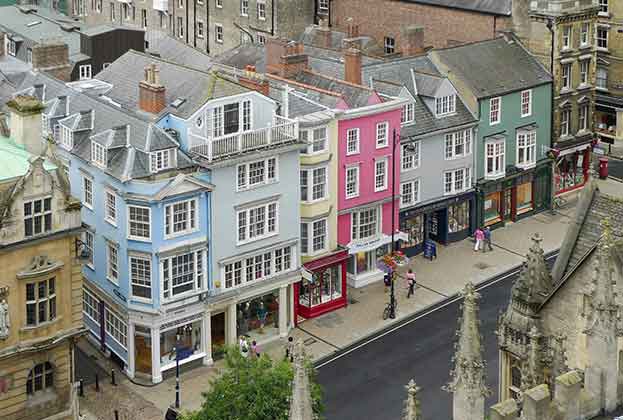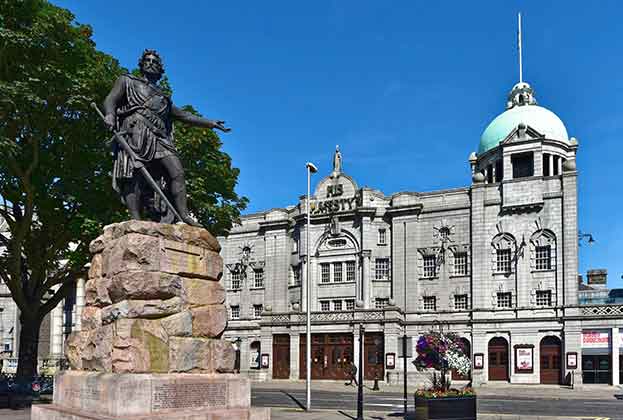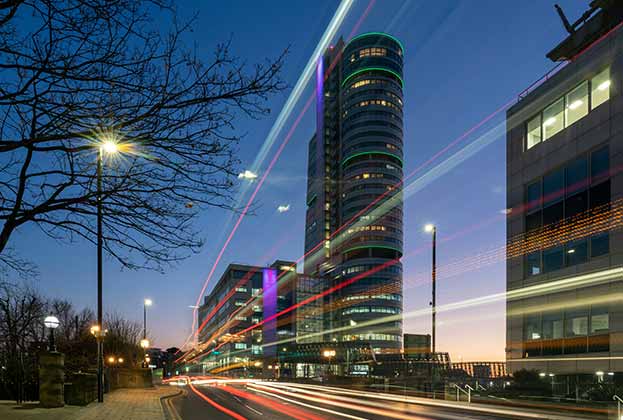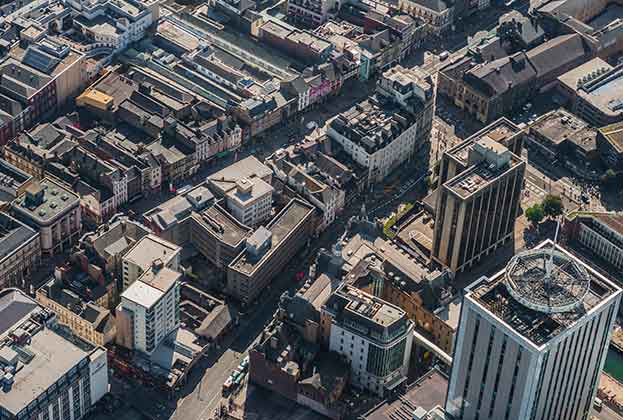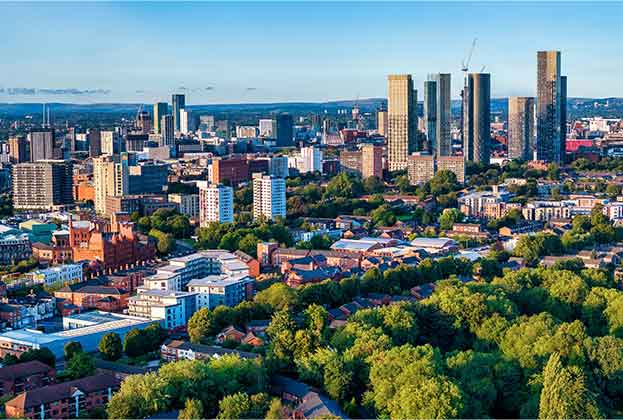Covid-19 and its impact on our lives have made us more selective about where we want to spend our working days and the ability to be closer to home is certainly becoming more attractive to employees. However, initial research suggests that even digital savvy younger workers still crave personal, face-to-face interaction.
Our town centres and high streets need to adapt and diversify to cater for the post-covid way of working. Invigorating smaller towns and creating new, local businesses by encouraging multiple uses within a town centre can assist with helping the economy bounce back. There will still be occupier demand for city centre offices where occupiers can host meetings and events, but for day-to-day work that doesn’t require physically travelling to an HQ, flexible workspaces in local centres could offer employees an attractive alternative to their homes.
The evolution has actually been underway for some time: demand for flexible offices has grown by over 50 per cent in the past five years. Retailers John Lewis and Selfridges, for example, have introduced flexible retail and workspaces into their properties.
Membership and co-working spaces are particularly good at attracting people through putting on activities that encourage networking, collaboration and skill sharing, all activities that we should be able to carry out again once we have a vaccine. As well as creating spaces where people can come to work, creating flexible workspaces will create community, boost footfall and help support shops and amenities in the surrounding area, significantly re-invigorating town centres.
Co-working cafés could also be the ideal launch pad for start-ups, with The UK Coffee Association estimating that around one in five people visit a coffee shop in the UK daily. Recently Cardiff has enjoyed something of a coffee revolution, with an array of new, independent coffee shops with free Wi-Fi scattered across the city.
Areas outside the immediate city centre can also become magnets for those that want to work beyond the home but not in a company office. The Tramshed, located in a Grade II-listed building on the edge of Grangetown - once the old tram depot for West Cardiff - is a great example of the type of space the city can offer. Canton is another up and coming area for creatives, with the development of The Bone Yard, a thriving community of artists and creatives. The site houses a number of shipping container studios and independent businesses, as well as communal areas and events space.
Local pubs, many of which sit completely empty during working hours, could also offer a lifeline to the high street by helping workers find quick, convenient and cost-effective short-term desk space. Young’s chain of pubs have already started this trend with packages for freelancers and home-workers. Running throughout the week, each participating pub is fully equipped with free Wi-Fi, charging points, quiet spaces and, crucially, unlimited tea and coffee.
The way we work is changing. People are increasingly looking for engaging workspaces in stimulating environments close to home, so it’s important to provide towns and high streets which promote both wellbeing and a sense of community. Cardiff has all the ingredients. There has never been a more opportune time to create happy local workspaces that can support both the business and local community.
Learn more about the effect that the Covid-19 pandemic has had on Cardiff’s office market by reading Spotlight: Cardiff Offices.
Further information
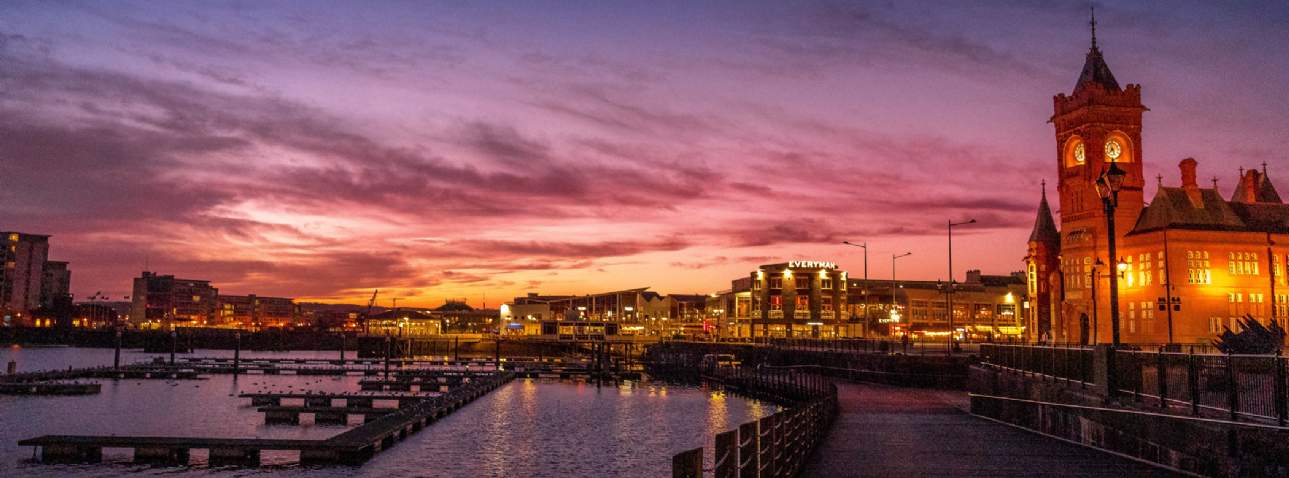
-impact-the-office-sector(1).jpg)
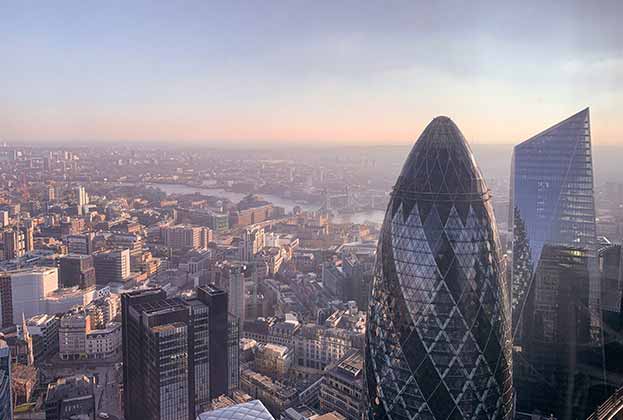
.jpg)
